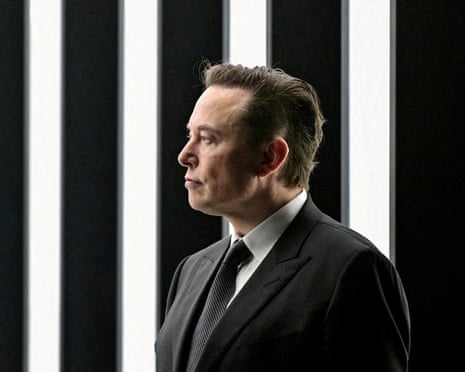Elon Musk has launched Grokipedia, a new online encyclopedia powered by his artificial intelligence chatbot, Grok. The platform is positioned as an alternative to Wikipedia, aiming to provide information that aligns more closely with conservative viewpoints, a move that has already generated significant debate.
Unlike Wikipedia, which relies on a global community of human volunteer editors, Grokipedia generates and "fact-checks" its content using AI. The project's launch follows months of public criticism by Musk against established information sources, including Wikipedia and mainstream media outlets.
Key Takeaways
- Elon Musk has launched Grokipedia, an AI-powered online encyclopedia.
- The platform uses Musk's AI chatbot, Grok, for content generation and verification.
- It is designed as a competitor to Wikipedia, reflecting more conservative perspectives.
- Early entries on politically sensitive topics have drawn criticism for alleged inaccuracies and biased framing.
A New Model for Information
Grokipedia represents a significant departure from the established model of online encyclopedias. For nearly two decades, Wikipedia's collaborative, human-edited framework has been the dominant force in freely accessible online information. Musk's new venture challenges this by replacing human consensus with AI-driven content creation.
The platform's core technology is Grok, an AI developed by Musk's xAI company. According to the project's description, Grok is responsible for both writing and verifying the information presented in the articles. This centralized, automated approach is a stark contrast to Wikipedia's transparent and decentralized editing process.
The Wikipedia Alternative
For years, Elon Musk has been a vocal critic of Wikipedia, accusing the platform of having a left-leaning bias. He has frequently targeted its reliance on what he terms "mainstream media" sources for citations. Grokipedia appears to be his answer to what he perceives as a need for a repository of information that is "super important for civilization" and aligns with his worldview.
Content and Controversy
The initial content on Grokipedia has quickly become a focal point of discussion. Entries on politically charged subjects appear to reflect viewpoints consistent with conservative and right-wing talking points. This has led to immediate accusations that the platform is not an objective source of information but rather a tool for ideological dissemination.
The January 6 Entry
One of the most scrutinized articles is its entry on the January 6th attack on the U.S. Capitol. The Grokipedia article reportedly frames the event by referencing "widespread claims of voting irregularities," a narrative advanced by former President Donald Trump and his allies without substantiated evidence. The entry also appears to downplay Trump's role in inciting the events of that day.
The text suggests the incident has fueled disputes over its true nature, contrasting what it calls "a legitimate expression of grievances" with a "premeditated threat to democratic transfer of power." This framing has been criticized for lending credence to disproven theories about the 2020 election.
"...mainstream accounts often amplifying casualty figures and intent beyond forensic evidence while downplaying antecedent failures in election oversight and riot containment."
This excerpt from the entry highlights the platform's distinct tone, which actively questions established accounts of the event.
Early Reception and Accuracy Concerns
The launch was met with immediate skepticism from journalists and researchers. Observers were quick to point out potential inaccuracies and the inherent bias of an encyclopedia shaped by a single ideological perspective. Some reports have already flagged articles for containing false information, such as a claim linking pornography to the worsening of the AIDS epidemic.
An Ironic Source
Despite its positioning as a Wikipedia rival, many of Grokipedia's initial articles reportedly state that they are based on information from Wikipedia itself, creating a complicated and somewhat contradictory foundation for the new platform.
The idea for the project was reportedly suggested by David Sacks, who served in the Trump administration. This connection has further fueled concerns that Grokipedia is less about providing neutral information and more about advancing a specific political agenda.
Musk's broader strategy appears to involve steering users away from traditional media and toward his own platforms, primarily X (formerly Twitter). By creating an entire ecosystem of information—from social media to a reference encyclopedia—he aims to build a self-contained digital environment for his audience.
The Future of AI in Information
The introduction of Grokipedia raises fundamental questions about the role of artificial intelligence in shaping public knowledge and discourse. While AI has the potential to synthesize vast amounts of information, its output is entirely dependent on the data it is trained on and the parameters set by its creators.
Critics argue that presenting an AI-generated encyclopedia as a factual authority, especially one guided by a specific political leaning, could accelerate the spread of misinformation. The lack of human oversight and a transparent, collaborative editing process removes the checks and balances that are central to platforms like Wikipedia.
As Grokipedia develops, its impact on the digital information landscape will be closely watched. It serves as a real-world experiment on whether an AI-curated, ideologically-driven encyclopedia can gain traction and challenge the long-standing dominance of a human-curated one.





